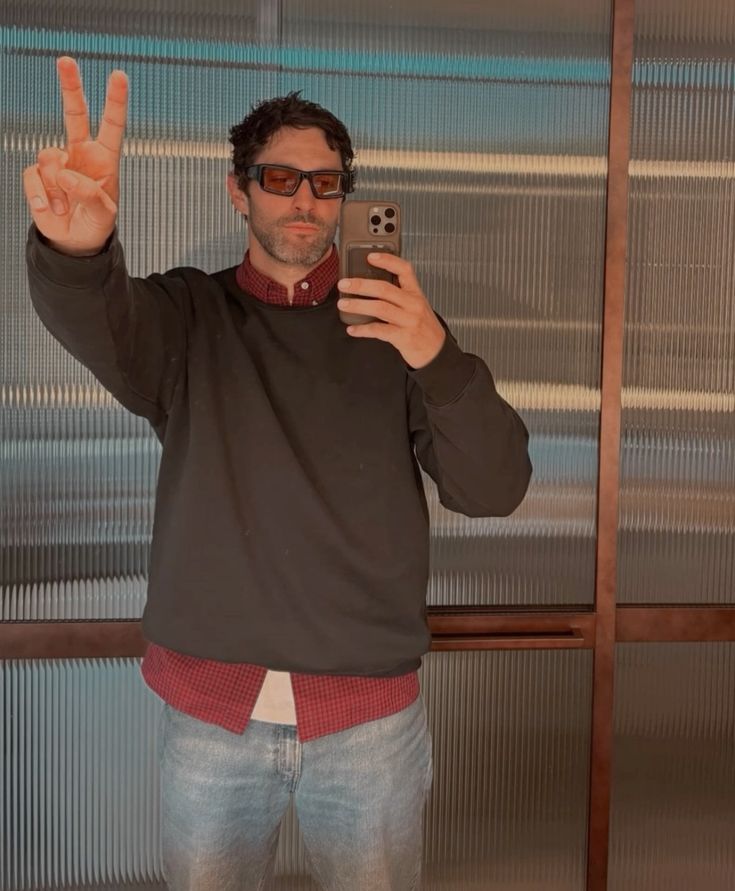
The revolving cast of NCIS has spent the last 20 seasons with a large viewership, creating a universe out of the JAG spinoff. NCIS: Hawai’i is picking up the same momentum thanks to Season 2’s expanded storytelling potential. Season 2, Episode 17, “Money Honey” was one of the seasons’ best episodes, and according to IMDb, it outdid the NCIS episode that aired on the same night. That was largely because it set up a groundbreaking plotline for Alex Tennant.
Alex — the son of NCIS: Hawai’i team leader Jane Tennant — received an acceptance letter from the US Naval Academy, and that caused quite a bit of drama throughout the entire series. Alex going into the Navy raised quite a few red flags, but also started a plotline that NCIS could have done and veered away from. Here’s how NCIS: Hawai’i is correcting one of NCIS’ biggest Gibbs oversights.
What if I told you the spin-off just outplayed the original?
For nearly two decades, NCIS ruled the crime TV landscape. With special agents, high-stakes missions, and a devoted fanbase, it became a cultural juggernaut. But recently, NCIS: Hawai’i pulled off something remarkable—something the mothership show never quite nailed. And no, it’s not just about the tropical setting. This article dives deep into what NCIS: Hawai’i accomplished that NCIS never could—and why it matters for the future of television.
Breaking the Mold – Diversity Done Right
First Female Lead in NCIS History
Let’s start with a fact that rocked long-time fans: NCIS: Hawai’i is the first NCIS show to feature a female lead—Special Agent Jane Tennant, played by Vanessa Lachey.
That’s right. After over 400 episodes, NCIS never gave a woman the top spot. Meanwhile, Hawai’i not only made that move, but it did so with confidence and class.
Representation That Reflects Reality
Hawai’i is one of the most diverse states in the U.S., and the show embraces that reality head-on. Characters come from a wide range of backgrounds—ethnically, culturally, and even sexually. LGBTQ+ representation is natural and integral to the plot, not just tokenistic or forced.
Embracing Emotion Over Procedure
More Than Just Crime-Solving
While the original NCIS often focused on the case of the week, NCIS: Hawai’i leans heavily into character development and emotional storytelling. The team dynamics feel genuine, the family scenes are touching, and the romantic storylines don’t feel like an afterthought.
Jane Tennant as a Working Mom
Seeing a high-ranking federal agent balance parenting and national security? That’s not something NCIS ever explored in-depth. Yet NCIS: Hawai’i dives in, portraying Jane’s life as both challenging and rewarding.
Stronger Character Arcs and Development
No One-Dimensional Roles
Every member of the Hawai’i team feels layered. From Lucy Tara’s rise to confidence to Kai Holman’s struggle with homecoming issues, each character has a journey. It’s not just about catching the bad guys—it’s about who they are becoming in the process.
Breaking the “Old Guard” NCIS Formula
New Energy, Fresh Perspective
Let’s be real. NCIS (the original) started to feel like comfort food—predictable and safe. NCIS: Hawai’i, on the other hand, feels bold. It takes risks, tries new storytelling techniques, and shakes up expectations.
Ditching the “Old Boys Club” Vibe
Gone are the days of the gruff male lead surrounded by yes-men. Jane Tennant commands respect, leads with empathy, and flips the script on traditional leadership styles in law enforcement dramas.
Cultural Integration That’s More Than a Backdrop
Hawai’ian Culture Front and Center
From traditional blessings before missions to exploring Native Hawaiian values like ohana (family), NCIS: Hawai’i doesn’t just shoot in Hawai’i—it breathes it. It’s respectful, nuanced, and authentic.
Local Guest Stars and Storylines
The show often features real Hawaiian actors and focuses on local issues like land rights, military presence, and community tensions. That kind of attention to detail makes it more than just a setting—it’s part of the soul of the show.
Handling Romance with Realism
A Healthy LGBTQ+ Relationship on Screen
Fans adore Lucy and Kate, one of the few healthy, non-stereotypical queer relationships on prime-time TV. Their relationship isn’t a subplot—it’s a core part of the narrative, handled with heart and care.
No Need for Forced Drama
Unlike many procedurals that use relationships as bait or breakups for shock value, NCIS: Hawai’i treats love stories like real life. Complex, yes. But also full of warmth, compromise, and growth.
Action with Emotional Stakes
More Than Just Gunfights and Chases
Sure, there’s plenty of action. But it’s action that means something. When the bullets fly, you care who gets hit. That emotional depth turns typical shootouts into genuinely suspenseful moments.
Strong Female Friendships on Screen
Jane and Kate’s Bond
How often do we get to see two powerful women support each other in high-stress jobs—without competition or cattiness? Rarely. But NCIS: Hawai’i makes it a focal point.
Consistent Quality Over Hype
No Gimmicks, Just Good Writing
Where the original NCIS relied heavily on guest stars or dramatic exits, Hawai’i keeps viewers coming back for its tight scripts, relatable characters, and layered stories. It builds slowly but surely—and it works.
Progressive Without Preaching
Woke Done Right
The show tackles social issues—military politics, racial profiling, gender equality—but never feels like it’s lecturing. Instead, it weaves these realities into the plot in a way that respects the viewer’s intelligence.
Tighter Season Arcs, Satisfying Payoffs
Long-Term Storytelling That Delivers
NCIS: Hawai’i knows how to build a mystery that keeps you hooked across episodes. The pacing is smooth, and the payoff is worth it. No filler, no fluff.
Viewer Engagement and Fan Love
Social Media Buzz That’s Organic
The NCIS: Hawai’i fandom is growing—and for good reason. The cast interacts with fans, episodes trend without paid campaigns, and fan theories actually matter.

The Franchise’s New Future
A Template for Next-Gen NCIS Shows
If CBS is paying attention—and they should be—NCIS: Hawai’i is the blueprint for the future of crime dramas. Inclusive, character-driven, culturally rich, and emotionally engaging.
Conclusion – Hawai’i Didn’t Just Join the Franchise, It Rewrote It
NCIS: Hawai’i didn’t just fill a time slot. It changed the game.
It took everything that worked in the original, threw out what didn’t, and added what TV desperately needed: diversity, depth, emotion, and authenticity. In doing so, it accomplished what NCIS never could—becoming both a compelling drama and a cultural force.
Whether you’re a die-hard NCIS fan or a new viewer looking for a reason to care again, Hawai’i gives you that and more.